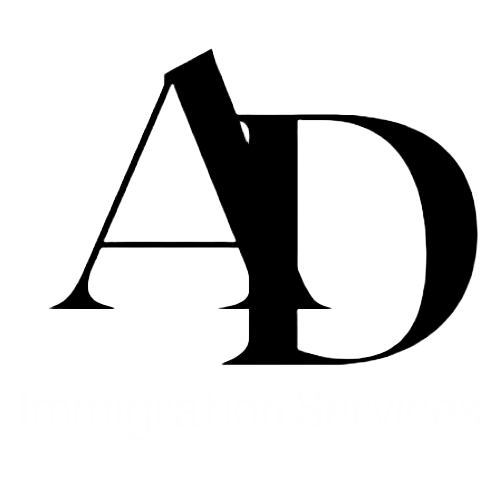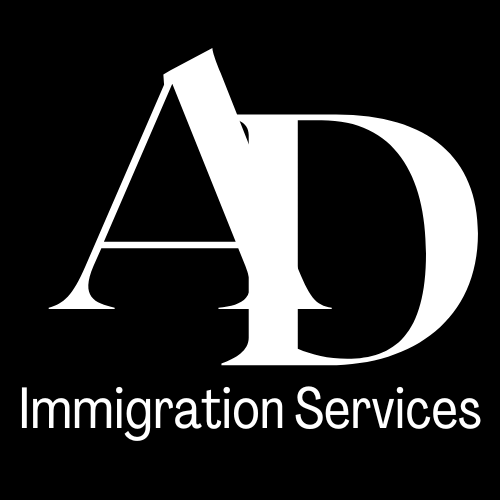Spousal sponsorship in Canada is a process through which a Canadian citizen or permanent resident can sponsor their spouse or common-law partner for permanent residency. The process involves several steps and requires both the sponsor and the sponsored person to meet certain eligibility criteria.
Eligibility Assessment: The sponsor must be at least 18 years old, a Canadian citizen or permanent resident, and must not be receiving social assistance for reasons other than a disability. They must also demonstrate the financial ability to provide for the basic needs of their spouse or partner if they are also sponsoring their partner’s dependent child.
Application Preparation: The sponsor and the sponsored person must gather all necessary documents, which typically include proof of the sponsor’s status in Canada, proof of the relationship (marriage certificate or evidence of a common-law partnership), and police certificates, among others.
Submission of Application: The application for spousal sponsorship is submitted to Immigration, Refugees and Citizenship Canada (IRCC). There are two parts to the application: the sponsorship application and the permanent residence application. Both applications are submitted together either inside Canada (if the spouse is legally residing in Canada) or outside Canada.
Assessment by IRCC: Once the application is received, IRCC will review it for completeness. If the application is complete, it will be processed. The sponsor will be assessed first, and if approved, the application will move on to the assessment of the sponsored person. An Acknowledgement of Receipt letter will be sent to the sponsor with the application number.

Medical, Security, and Background Checks: The sponsored person will be required to undergo medical examinations and security and background checks to ensure they are not inadmissible to Canada.
Decision: If the application is approved, the sponsored person will receive confirmation of permanent residence and, if necessary, a visa to enter Canada.
Arrival in Canada: Once the sponsored person arrives in Canada, they will be granted permanent resident status. They may need to complete a landing interview with an IRCC officer.
Conditions and Obligations: The sponsor is financially responsible for the sponsored person for a period of three years after the sponsored person becomes a permanent resident. This means that the sponsored person cannot claim social assistance during this time.
It’s important to note that processing times for spousal sponsorship applications can vary based on several factors, including the volume of applications received by IRCC, the complexity of individual cases, and whether the application is made from within or outside of Canada.
The information provided here is a general overview and does not include all possible scenarios or details. Specific cases may have additional requirements or steps. It is always recommended to refer to the official IRCC website or contact us to discuss your case specifically.

